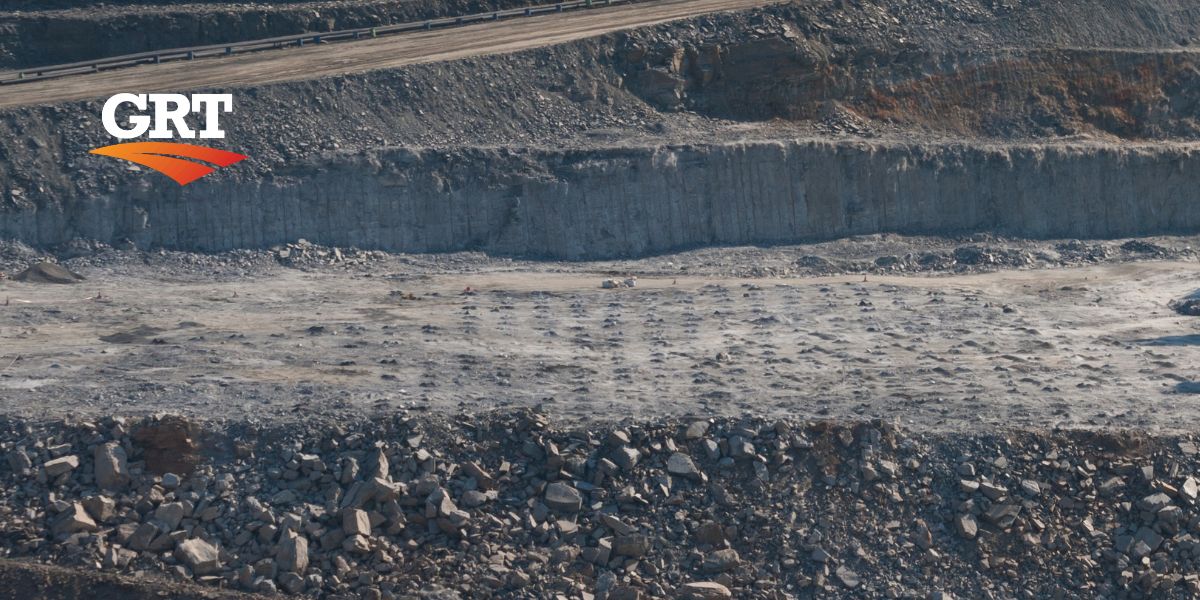With lithium and nickel operations facing significant price declines once again, it’s a timely reminder that the political and policy attention given to critical minerals might overlook the commodities that have been the backbone of Australia’s economy for over 150 years.
Whether we look back to the gold rush of the 1850s, the boom in iron ore exports during the 1960s, or the recent mining surge, the mining sector has consistently been the largest contributor to Australia’s economic growth. It has allowed the country to weather global economic crises like the Global Financial Crisis (GFC) and the fiscal impacts of COVID-19.
However, data from the Australian Bureau of Statistics (ABS) reveals that for the past seven years, the capital stock of the mining industry has stopped growing. This stagnation cannot be attributed to a decline in commodity demand since the purchasing of gas, coal, steel, aluminium, and copper has been on the rise.
A series of regulatory, tax, and industrial relations (IR) policy changes have eroded Australia’s reputation as an investment destination, leading to capital flowing to competing nations. Rather than concentrating on restoring the country’s competitive advantage, successive governments across Australia have been fixated on identifying the next big thing, particularly in critical minerals and their downstream processing, with a special emphasis on lithium.
While critical minerals are undoubtedly valuable, they occupy a niche market and are unlikely to match the export revenues generated by iron ore and coal, which brought in over $250 billion last year. The value of lithium exports in the 2023-24 financial year was $20 billion, but the sharp decline in lithium prices due to increased supply is expected to result in a 50% drop this year.
Are environmental regulations, health and safety concerns or potential profit loss a concern right now?
Several indicators suggest continuing challenges for critical minerals. The World Economic Forum noted last year that the global energy transition was plateauing, partly because governments were reluctant to impose the costs of the transition on their citizens. Predictions about the demise of fossil fuels have repeatedly proven inaccurate. For instance, in the United States, despite significant subsidies, consumers have not embraced electric vehicles (EVs) as expected, with major automakers like Ford, GM, and Tesla reducing EV production plans.
A recent report from the Energy Institute at the Haas Business School suggested that EV demand in the US is closely tied to political outlook and income levels, with around half of all sales occurring in the 10% most Democratic counties. This suggests that the EV market remains largely influenced by political allegiances, and a change in the US administration could further slow EV adoption. Furthermore, concerns are growing about China’s dominance in renewable energy, storage, and auto-production, raising questions about the pace of the energy transition. In such a scenario, what minerals should Australia prioritize?
The answer should revolve around minerals with the largest international markets and the potential for substantial economic returns. These include iron ore, gold, aluminium, and copper. Coal, gas, and uranium, while facing political challenges, should also be considered. Maximizing national economic benefits entails expanding downstream processing, particularly in aluminium and copper, and embracing green steel, which could have a significant international market.
For instance, in the Pilbara, where iron ore mines extract vast quantities, approximately 40% of this material is effectively waste. As the world’s largest iron ore producer, Australia should encourage the development of green steel technologies like Element Zero, which can substantially reduce emissions from unprocessed iron ore exports containing 40% waste. Similarly, Australia possesses one-third of the world’s uranium deposits and should position itself as the leading producer as global interest in nuclear energy grows.
However, it’s important to acknowledge the ongoing challenges affecting mining investment, including uncertainty surrounding environmental approvals, rising energy costs, and industrial relations issues. PwC estimates that it takes more than a decade to develop a mine in Australia, and proposed changes to environmental laws only add to these concerns. Additionally, legal battles related to environmental issues, such as the EDO case against Santos’ Barossa project, further complicate matters.
Given the substantial off-grid demand for mining and mineral processing, electricity supply presents a major challenge. Exploring the potential of small modular reactors to meet energy needs around locations like Olympic Dam and north of Kalgoorlie should not be overlooked. Australia’s reliance on the mining sector is not about to end, and it shouldn’t. It’s the one sector where Australia can claim global leadership. However, focusing solely on a small group of politically attractive commodities could jeopardize this position.
Dust suppression is a critical issue in the world of mining and resources.
Learn more about GRT’s industry-leading and IoT-connected SMART Dosing Units, and discover how we’re driving better dust suppression solutions for all!
If you’d like to talk with an expert, simply contact us!
Your feedback is important to us.
If you enjoyed reading this Global Road Technology industry update and found it informative, please let us know by leaving a REVIEW.
Reference:
https://www.afr.com/companies/mining/beware-of-the-critical-minerals-trap-20240123-p5ezdi
Troy Adams
Troy Adams is the Managing Director of Global Road Technology (GRT) Specialising in Engineered Solutions for Dust Suppression, Erosion Control, Soil Stabilisation and Water Management. A pioneering, socially conscious Australian entrepreneur, Troy Adams is passionate about health and safety and providing innovative solutions that are cost-effective to the mining industry, governments and infrastructure sectors. Troy is also a tech investor, director of companies like Crossware, Boost, Hakkasan, Novikov and more.

